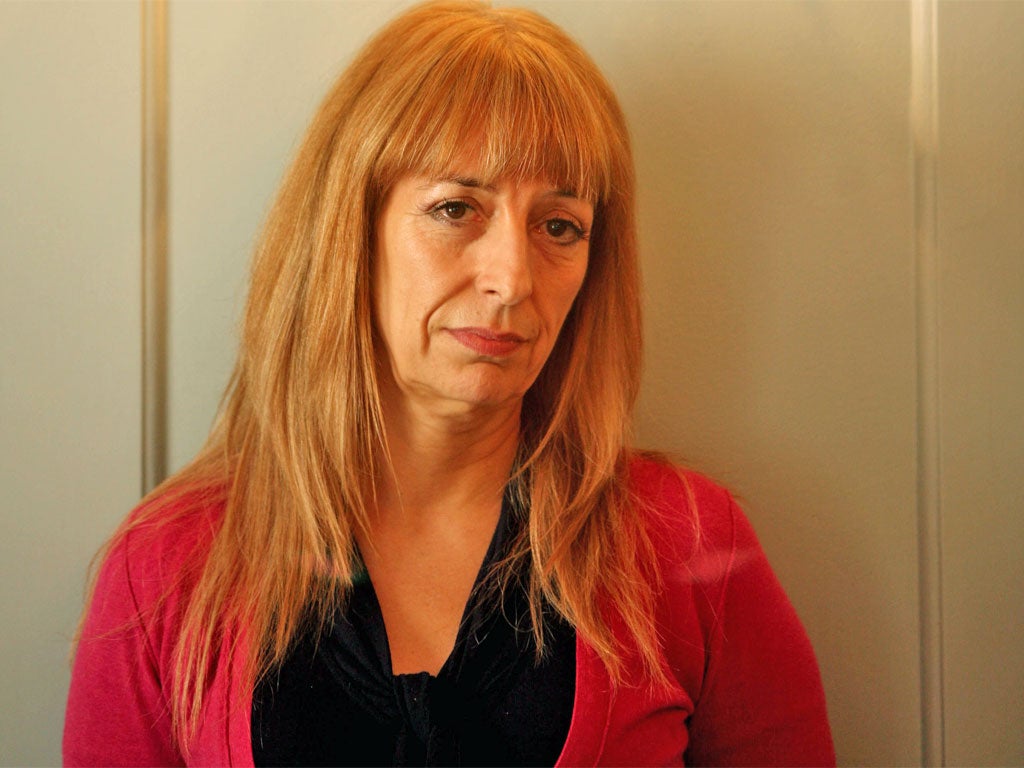The Week In Radio: Great minds prove it's best to remain philosophical

Your support helps us to tell the story
From reproductive rights to climate change to Big Tech, The Independent is on the ground when the story is developing. Whether it's investigating the financials of Elon Musk's pro-Trump PAC or producing our latest documentary, 'The A Word', which shines a light on the American women fighting for reproductive rights, we know how important it is to parse out the facts from the messaging.
At such a critical moment in US history, we need reporters on the ground. Your donation allows us to keep sending journalists to speak to both sides of the story.
The Independent is trusted by Americans across the entire political spectrum. And unlike many other quality news outlets, we choose not to lock Americans out of our reporting and analysis with paywalls. We believe quality journalism should be available to everyone, paid for by those who can afford it.
Your support makes all the difference.You could never accuse radio of dodging the Big Questions. I'm not talking about programmes that weigh up the merits of pensions over ISAs, cabbage over kale or Boris over Ken, as life altering as these topics may be. I'm referring to the shows that confront the questions that have occupied philosophers for centuries, the ones that seek to determine why we are the way we are and invariably end up making your head hurt. Where television is often reluctant to go down such a high-minded road, preferring to explore human behaviour by getting said humans to dance in wheelbarrows in front of Simon Cowell, radio remains undaunted, continuing to ponder life's imponderables without apology.
Even so, there was something either bold or perverse about Radio 3's decision to air The Essay, in which five thinkers from assorted disciplines mulled over the concept of doubt at the tail end of the biggest weekend in the Christian calendar. The conclusion seemed to be that doubt is not a weakness but a healthy response to life's quandaries. Why, asked author Mark Vernon? Because Socrates said so.
Socrates was, of course, riddled with doubt, having come to the conclusion that what he knew was a drop in the ocean compared to what he didn't know. He was famously troubled by politicians with an unshakeable belief in their own rhetoric. Were he alive to see today's political circus, he wouldn't be able to down that hemlock quick enough.
The following day, Susan Greenfield outed the world's scientists not just as doubters, but full-on squabblers. While the lay person may view science as all about objective blacks and whites, she noted, there are in fact infinite shades of grey in what can be deduced from the data. "Doubt is as natural to us as breathing," she confessed, summoning Michael Faraday's piquant observation: "There's nothing quite as frightening as someone who knows they are right." But it was the journalist Madeleine Bunting who nailed the debate, tackling the thorny issue of religious doubt. Where 50 years ago, doubt was considered to be the work of the Devil among Christians, now it is seen as an acceptable part of one's spiritual repertoire. Which is certainly good news for those of us who, when quizzed on our beliefs, answer with a pathetic "dunno".
On Radio 4, In Search of Originality found Ian Peacock wondering if there's anything new under the sun. He consulted assorted experts, including a patent examiner in Newport who revealed some of the more ludicrous applications, including a ladder that would allow spiders to climb out of the bath (it wasn't granted). Peacock also set himself the task of creating an original sound with which to end the show. And so it was that on a programme about the evolution of progress, we heard the thwack of a Hebridean pebble as it hit a chocolate-chip biscuit soaked with tea.
Having already undergone something of a work-out, my brain lay down and played dead during the latest episode of Philosophy Bites (www.philosophybites.com), a series of podcasts in which philosophers conduct miniature debates on "bite-sized" topics such as "Do you own your own body?" and "Moral responsibility and consciousness". The latest episode had Adrian Moore, author of The Evolution of Modern Metaphysics, dryly discussing whether there is any point in studying philosophy's past. I'm sure the ideas raised were crucial to the advancement of human thought but to me it was the sound of philosophy eating itself. Now you'll have to excuse me while I look for some aspirin.
Join our commenting forum
Join thought-provoking conversations, follow other Independent readers and see their replies
Comments